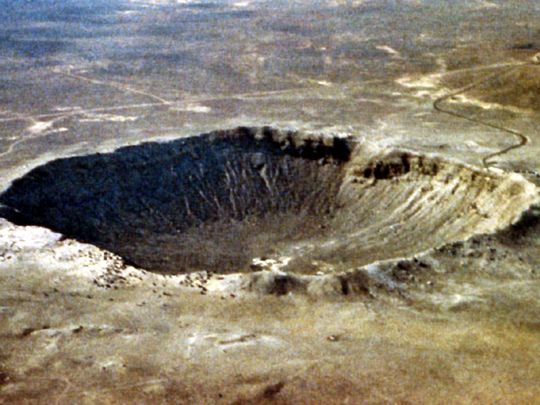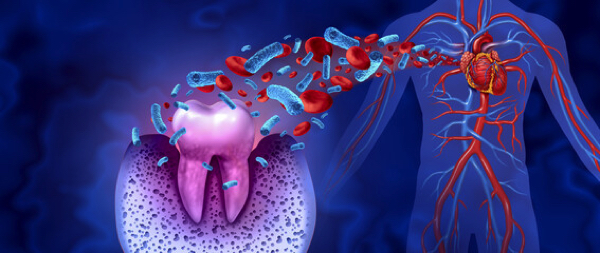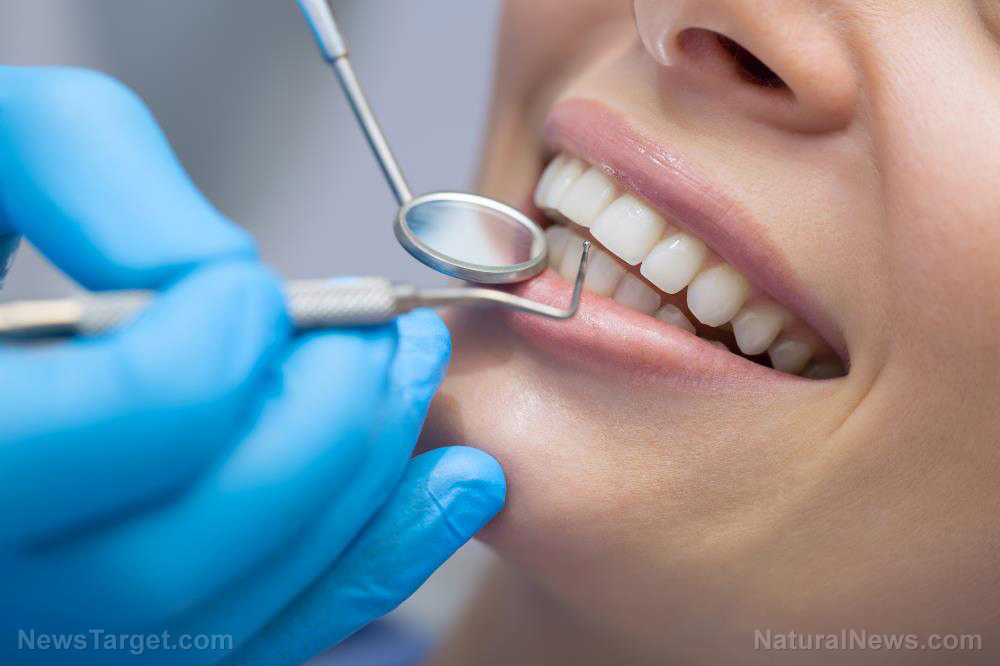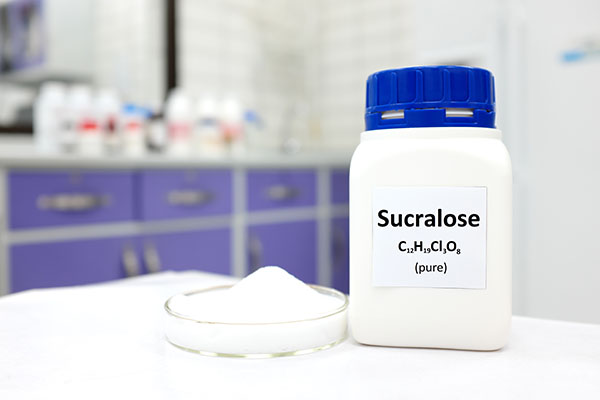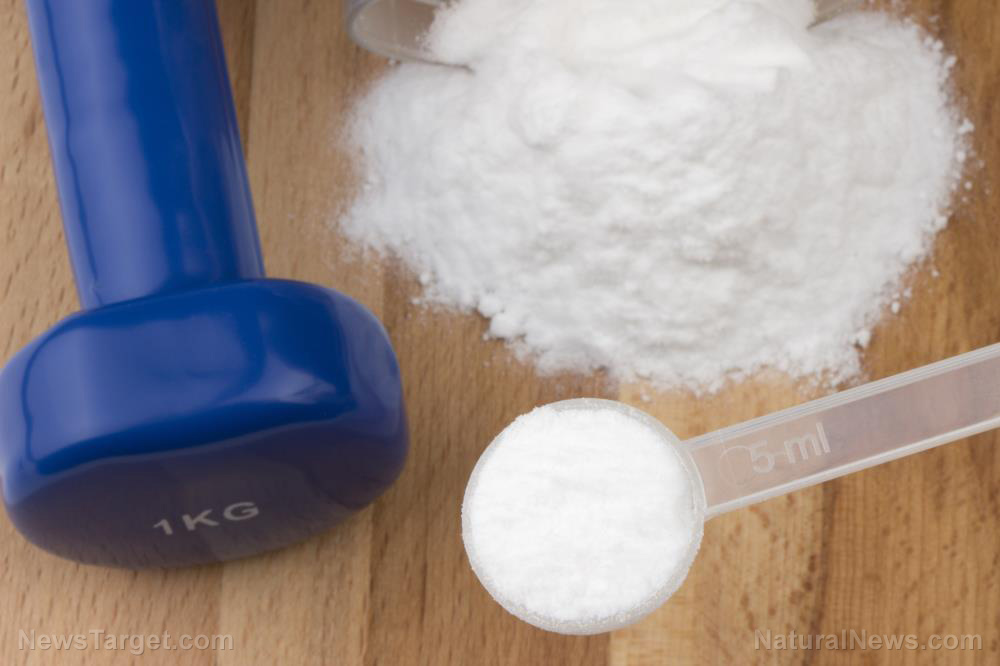The fountain of youth in your glass: How proper hydration can slow aging and ward off disease
10/22/2025 / By Jacob Thomas

- A recent study highlights proper hydration as crucial for longevity and preventing chronic diseases, moving beyond mere health advice.
- A 25-year study found higher serum sodium levels, indicating dehydration, linked to accelerated aging and increased disease risk.
- Dehydration is associated with severe health issues such as heart failure, stroke and diabetes.
- Optimal hydration is essential for all bodily functions, making water vital beyond just kidney health.
- Effective hydration strategies include regular intake, personalized water goals and enhancing water with flavor or electrolytes.
For decades, the advice to “drink more water” has been relegated to the realm of bland health clichés, nestled between “eat your vegetables” and “get more sleep.” But new, groundbreaking research elevates hydration from a simple wellness tip to a non-negotiable pillar of longevity. The message is no longer just about quenching your thirst; it’s about potentially adding years to your life.
The conversation was fundamentally shifted by a massive study published in the prestigious journal eBioMedicine. This wasn’t a small-scale, short-term project. Over a quarter of a century, researchers followed approximately 15,000 adults between the ages of 45 and 66, tracking a key biomarker: serum sodium levels in their blood.
Why serum sodium? It acts as a brilliant internal hydration gauge. When you drink less fluid, the concentration of sodium in your blood rises. Therefore, higher serum sodium levels are a direct indicator of chronic, low-level dehydration.
The findings were staggering. The study concluded that “People whose middle-aged serum sodium exceeds 142 mmol/l have an increased risk of being biologically older, developing chronic diseases and dying at a younger age.” In essence, the simple act of not drinking enough water was linked to a faster-aging body and a shorter lifespan.
Dehydration’s dire consequences
The data paints a vivid and alarming picture. Participants with serum sodium levels at the higher end of the normal range were significantly more likely to be biologically older than their chronological age. But the most shocking statistic was the disease risk: those with higher hydration markers had a 64 percent increased risk of developing debilitating chronic conditions.
The list of associated diseases reads like a catalog of modern health fears:
- Heart failure
- Stroke
- Atrial fibrillation
- Peripheral artery disease
- Chronic lung disease
- Diabetes
- Dementia
As explained by BrightU.AI‘s Enoch: “This connection underscores a critical point we’ve long understood but perhaps underestimated: Hydration is not just about your kidneys. Every single cell, tissue and organ in your body requires water to function. Even a small amount of dehydration will affect all the chemistry in your body.” Water is the medium in which every metabolic process occurs. It hydrates cells, flushes toxins, cushions joints and regulates temperature. When this fundamental resource is scarce, the entire system begins to degrade, accelerating aging and creating an environment where disease can thrive.
How much water is enough?
The old “eight glasses a day” rule is a good starting point, but it’s a one-size-fits-all approach in a world that isn’t. A more personalized and commonly recommended formula is to drink half your body weight (in pounds) in ounces. For a 150-pound person, that translates to 75 ounces or about nine cups of water per day.
Crucially, this need skyrockets if you are physically active, live in a hot climate or consume diuretics like caffeine and alcohol. The text wisely advises not to wait until you feel thirsty, as thirst is already a sign of early dehydration. The goal is to sip consistently throughout the day to maintain optimal function.
Strategies for optimal hydration
Sometimes water is boring. The good news is that optimal hydration doesn’t have to be a chore. Here’s how to make it sustainable and effective:
- Infuse it: As suggested, one of the simplest tricks is to add natural flavor. A squeeze of lime or lemon, a few muddled berries, cucumber slices or fresh herbs like mint can transform a glass of water from bland to delightful, making you far more likely to reach for it.
- Consider electrolytes: The study and accompanying text point to electrolyte supplements as a powerful tool. When you drink large quantities of plain water without replenishing electrolytes like sodium, potassium and magnesium, you can actually dilute their concentration in your body. A quality electrolyte supplement or even a pinch of high-quality salt in your water can enhance hydration by helping your cells better absorb the fluid.
- Eat your water: Don’t forget that many fruits and vegetables have very high water content. Foods like watermelon, strawberries, cucumbers, celery and spinach contribute significantly to your daily fluid intake.
- Tech and habit help: Use your phone to set reminders or mark time intervals on your water bottle with goals for when you should have drunk to a certain point. Consistency is key to forming the habit.
The conclusion from this vast body of research is profound. Drinking enough water is no longer just about avoiding afternoon fatigue or achieving clearer skin, though those are excellent benefits. It is now scientifically linked to a longer, healthier life free from chronic disease.
It’s a powerful, empowering message. In a world of complex medical advice and expensive wellness trends, one of the most impactful actions you can take for your health is astonishingly simple, virtually free and readily available. It’s the water flowing from your tap.
Watch this video to learn more hydration hacks for optimal health.
This video is from the NNBLBlog channel on Brighteon.com.
Sources include:
Submit a correction >>
Tagged Under:
aging, aging secrets, anti-aging, cellular function, dehydration, electrolyte balance, health science, hydration, infused water, longevity, men's health, natural health, natural medicine, Naturopathy, prevention, real investigations, research, serum sodium, women's health
This article may contain statements that reflect the opinion of the author



